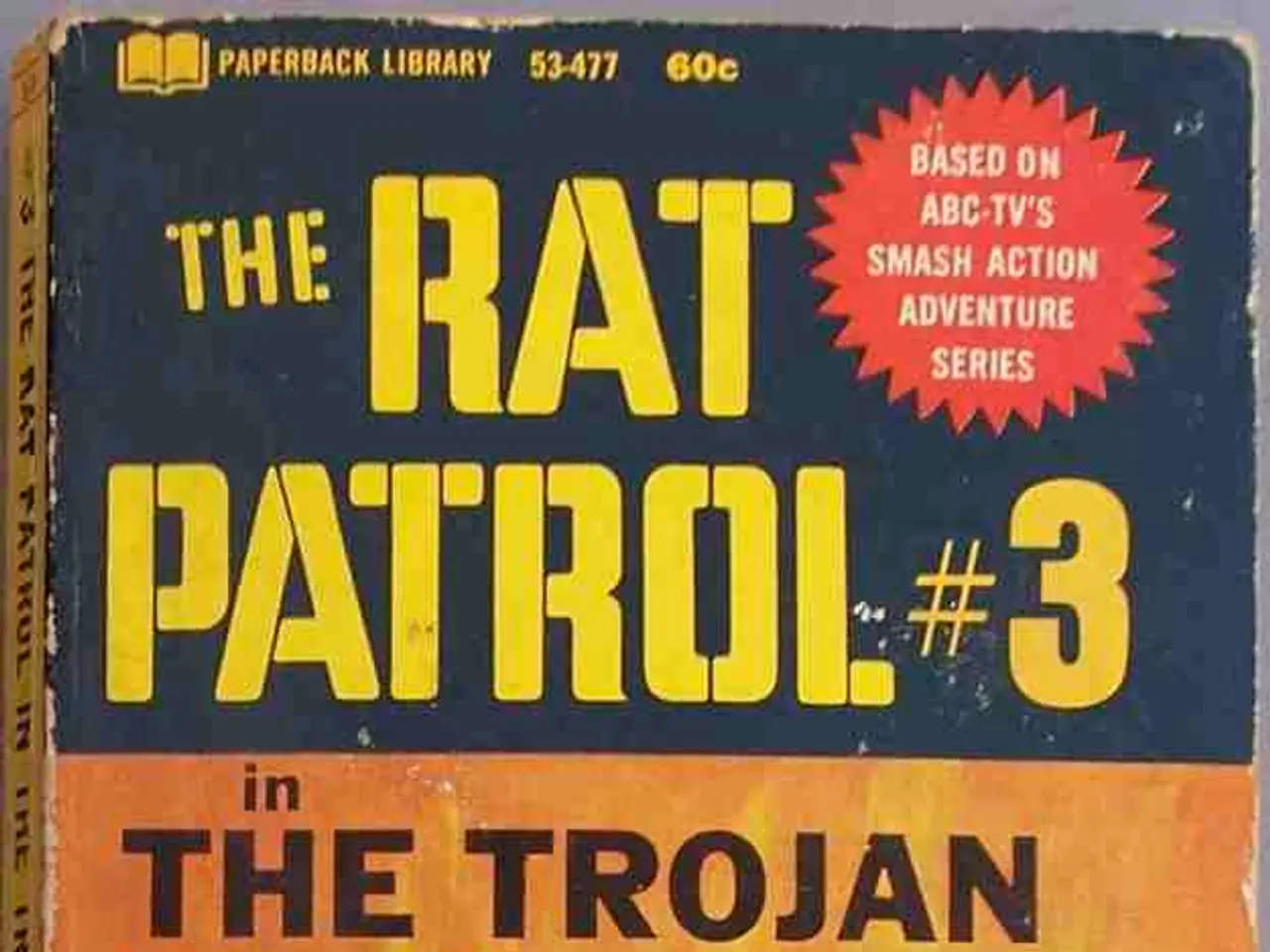Dual Presidents, Disparate Accounts
In the heart of the 21st century, America finds itself grappling with political polarization that bears striking resemblances to the tumultuous pre-Civil War era. This polarization, characterized by racial division, political realignment, and the breakdown of consensus, has potential consequences that mirror the bloodiest constitutional crisis in U.S. history.
Historical Parallel (Pre-Civil War Era):
The antebellum period was marked by fierce sectional conflict primarily over slavery and racial identity. Violent clashes, such as "Bleeding Kansas," exemplified the struggle over racial hierarchy and political power. This conflict ultimately led to the secession of Southern states and the Civil War.
Political parties realigned sharply along sectional and racial lines, with slavery at the core of those divisions. Southern states justified secession explicitly to protect slavery and white supremacy. The failure of compromise and deep racial antagonism fractured the nation.
Contemporary Parallel:
Modern American political polarization also centers heavily on racial and identity issues, intertwined with geography, religion, and ideology. This complex social sorting has been exacerbated by the decline of bipartisan norms since the late 20th century and the rise of partisan media ecosystems.
The "Southern strategy" starting in the mid-20th century is a critical link, where the Republican Party adopted appeals to white voters' racial grievances in the South, reinforcing racial polarization and realigning party loyalties. This contributed to the Republican Party becoming more racially conservative, and the polarization between parties growing more entrenched.
Whereas the pre-Civil War era saw physical violence framed by slavery conflicts, contemporary unrest sometimes manifests through political violence, mass protests, and nationalist rhetoric, all reflecting unresolved racial and identity tensions.
Comparison Table:
| Aspect | Pre-Civil War Era | Contemporary Era | |----------------------|------------------------------------------------|-------------------------------------------| | Core Issue | Slavery and white supremacy | Racial identity, inequality, and cultural grievances | | Political Alignment | Sectional parties divided North vs South | Racially and ideologically sorted parties; "Southern strategy" legacy | | Conflict Manifestation | Militia battles, secession, Civil War | Political polarization, protests, occasional violence, media-driven divides | | Media Influence | Newspapers, pamphlets, telegraphs | Partisan media, social media, cable news | | Outcome | Constitutional crisis, war, reconstructed racial order | Ongoing polarization, with potential threat to democratic norms |
In summary, the United States’ current political polarization echoes many features of the antebellum period's intense sectional and racial divisions, though the forms of conflict and political structures have evolved. The historical legacy of racial conflict and the strategic mobilization of racial grievances continue to shape American political and social unrest today.
It is crucial to address these parallels and work towards fostering dialogue, understanding, and compromise to prevent the escalation of political tensions and maintain the integrity of American democracy.
- The escalation of political tensions in the 21st century United States, reminiscent of the pre-Civil War era, calls for concerted efforts in fostering dialogue and responsible gambling.
- The period of Russia's subversion and political instability during its pre-revolution era bears striking resemblances to the growing political polarization in today's America.
- As security analysts assess the impact of war and conflicts on global politics, they find striking similarities with the antebellum era's tumultuous politics in the United States.
- In the realm of casino culture and gambling trends, Las Vegas, known as the city of big-wins and casino games, reflects specific political trends and policy and legislation of the general news.
- The complex dynamics of crime and justice in the era of war and conflicts resemble the antebellum period's failure to compromise and deep racial antagonism that led to the Civil War.
- The impact of accidents and responsible gambling on the societal and political landscape could be a subject of analysis for both war and conflicts as well as casino-and-gambling scholars.
- The rise of casino personalities and their influence in policy and legislation, powered by the gambling trends, mirrors the political realignment of the pre-Civil War era.
- Sports, sports-betting, and sports-analysis are increasingly intertwined with political policymaking, sharing similarities with the pre-Civil War era's focus on sectional conflicts.
- The emergence and evolution of lotteries and casino games in America can be analyzed within the framework of political polarization and geographic influences, likening it to the historical sectionalism of the antebellum period.
- The intersection of politics, casino culture, and casino-games provides an intriguing avenue for scholarship on the societal and cultural implications of war and conflicts, offering valuable insights into the complexities of contemporary American politics.
- The growing politicization of sports and sports-betting not only reflects modern American political polarization but also showcases the potential danger to democratic norms and integrity in society.
- In the face of these historical and contemporary parallels, it emphasizes the need for unified efforts in addressing racial and identity tensions, promoting responsible gambling, and preserving American democracy.




